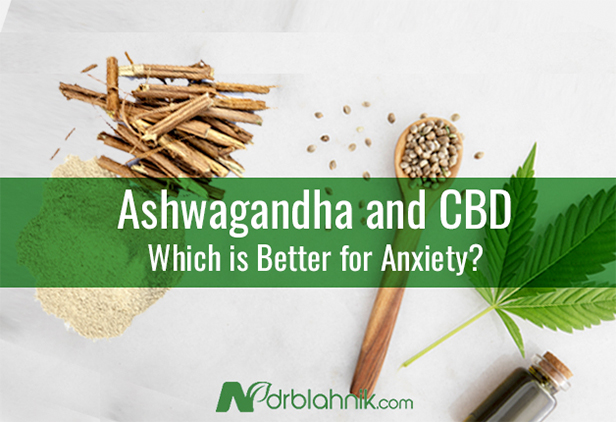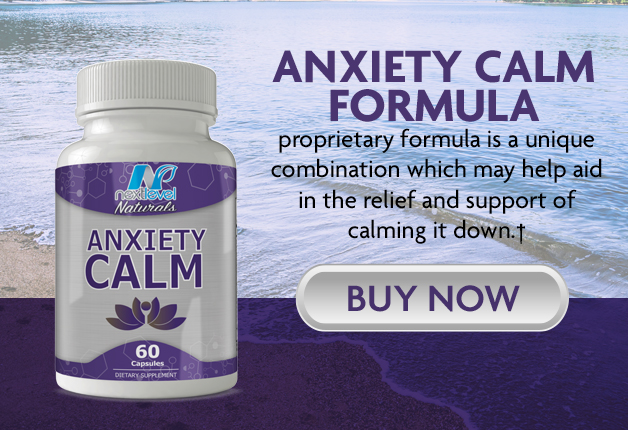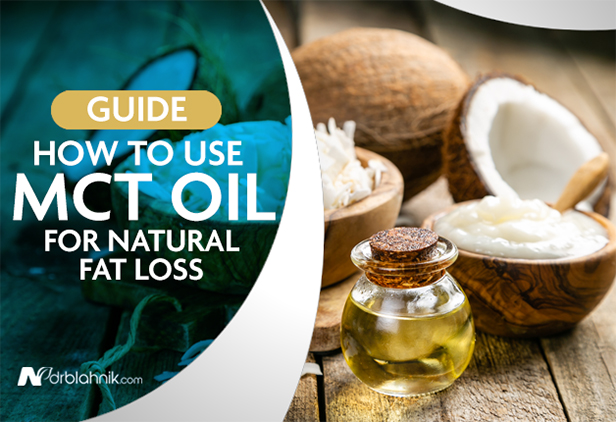If you live a life filled with anxiety, you most likely will do anything to alleviate the symptoms. There is no shortage of supplements and medicinal aids that can help with such a desire. However, the trick comes in determining specifically which one is best suited to alleviating the ailment.
One of the most common debates is whether the supplement ashwagandha or CBD is superior for those suffering from anxiety. The information on both supplements is extensive and should help you determine which supplement you would prefer to turn to.
Table of Contents
What is Anxiety?
The term “anxiety” has a negative connotation and is often associated with long-term mental conditions. However, anxiety is a natural response to stressful situations. That is not to say that anxiety does not have a relationship to mental issues and conditions that can negatively affect your life. There are a plethora of anxiety disorders that have been diagnosed over the years:
- Agoraphobia: This anxiety disorder refers to feeling anxious and stressed in locations and situations that make you feel trapped or helpless.
- Generalized Anxiety Disorder: This disorder causes the patient to feel consistently anxious during everyday situations and routines.
- Social Anxiety Disorder: This anxiety disorder is the state of feeling extremely anxious and uncomfortable when socializing with others.
When suffering from anxiety, you will feel symptoms such as an increased heart rate, rapid breathing, restlessness, inability to focus, and difficulty sleeping. Anxiety makes it difficult for you to function and fulfill your daily goals. In fact, having anxiety can lead to increased anxiety due to an existing stigma of having social or anxiety disorders among those lucky people without them. Fortunately, the stigma is mitigated by the reality that anxiety disorder is the most common mental condition in the world, with 18.1% of the adult population of the United States of America being diagnosed every year.
The scariest detail about anxiety disorders is that there is no concrete answer about what causes someone to cross the threshold from just being stressed to developing a full-on anxiety disorder. The most widely accepted answer is that anxiety disorders are developed from a combination of factors, including genetics and environment.

While the prevalence of anxiety disorders can be discouraging, the reality is that the conditions can be treated. A visit to a mental health professional can help you be prescribed medications or given advice on more natural supplements to help alleviate the symptoms you might be experiencing from your condition.
What is Ashwagandha?
One supplement you might have heard of is derived from Withania Somnifera, colloquially known as ashwagandha. Ashwagandha also has other names, including Indian ginseng, poison gooseberry, and winter cherry. Ashwagandha is a supplement that has been used for over three thousand years to regulate stress, increase concentration, and increase energy. Its name comes from ancient Sanskrit, which translates to “smell of the horse” in reference to its unique odor.
Ashwagandha was thought to be a medicinal herb in Ayurveda and is commonly sold as a dietary supplement worldwide. Countless people across the world have used ashwagandha to treat:
- Fatigue
- Pain
- Skin conditions
- Diabetes
- Arthritis
- Epilepsy
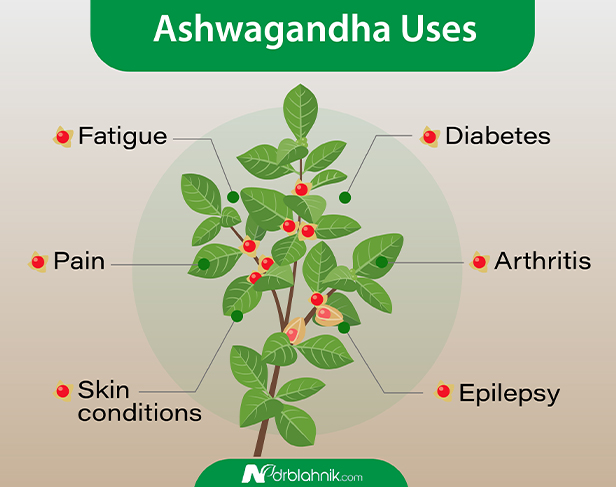
Ashwagandha has also been used to treat anxiety and the associated disorders that stem from anxiety. However, the real question lies in how effective the herb is in treating these conditions and what sort of impact they have on the body overall.
Ashwagandha and Anxiety
The efficacy of ashwagandha for anxiety and its associated disorders has already been tested in the past. In 2012, a clinical study was conducted in which 64 volunteers were given either an Ashwagandha supplement or a placebo that they were instructed to take twice a day for two months.
The group using the Ashwagandha supplement received capsules containing 300mg of concentrated Ashwagandha root extract. Over the two-month period, those with the Ashwagandha supplement experienced reduced anxiety levels over those in the placebo group. Those in the Ashwagandha group demonstrated lowered levels of Cortisol, the hormone that induces stress in the body.
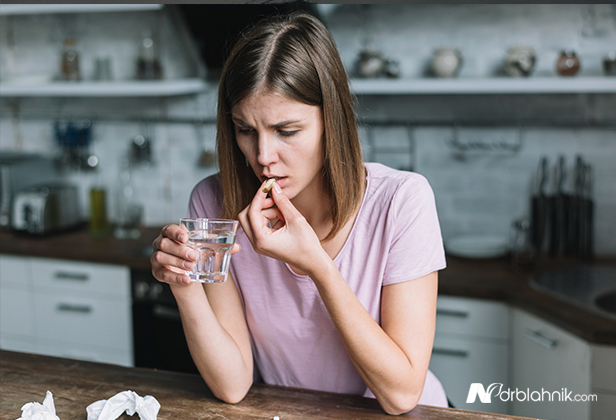
While the study did not indicate any adverse side effects of the extended use of ashwagandha, that does not mean side effects do not exist for this herb. However, many of these side effects affect primarily those with allergies or those who are generally more sensitive to certain medications, as well as those who are taking larger doses of the supplement compared to the recommended amount. Recent studies have found that some of these side effects could include:
- Diarrhea
- Skin burning or discoloration
- Sedation
- Liver injury
- Heavy metal poisoning
- Thyrotoxicosis
- Increased testosterone levels
- Miscarriage
With these side effects in mind, it is important to note that ashwagandha has more science showing benefits rather than harmful side effects. Ashwagandha may be an effective supplement to treat anxiety, but make sure you’re aware of the side effects and discontinue using it if you begin to experience them. Be sure to consult your primary physician if you have any additional concerns.
What is CBD?
Cannabidiol (CBD) is a chemical compound that is refined from the Cannabis Sativa strain of marijuana. You might be thinking that a compound that originates from marijuana might not be reliable due to the recreational uses of marijuana. However, CBD serves a different chemical purpose than delta-9-tetrahydrocannabinol (THC). CBD is naturally occurring and is frequently used in oils, edible products, and other consumables that promote calm and relaxation and offer no psychoactive properties. THC is the active ingredient in marijuana that offers psychoactive effects and is used for getting high.
Of course, the calming effect of CBD is not absolute. Like with any compound, CBD will have different effects for different people and may not always serve as a relaxant. A study conducted by Dr. Junella Chin found that 5% of people feel differently after using CBD but that these individuals are the sort of people who have strong reactions to aspirin. Like Ashwagandha, CBD is used for the treatment of several conditions:
- Chronic pain
- Depression
- Epilepsy
- Anorexia
- Glaucoma
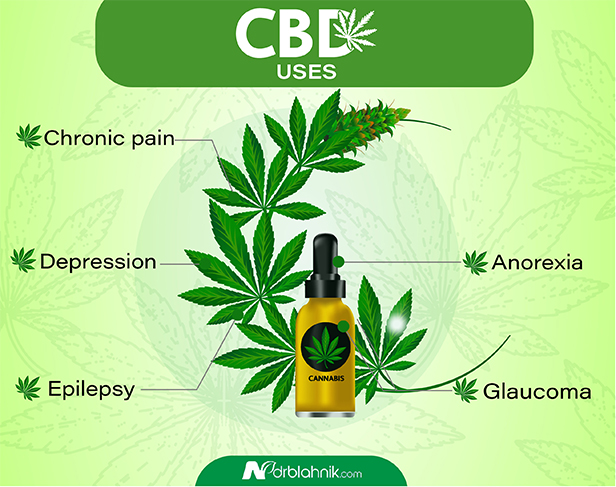
And, again like Ashwagandha, CBD is used in the treatment of anxiety and associated disorders. CBD’s efficiency at treating anxiety is a new field as the use of CBD in mainstream treatment was a recent development of the 21st Century as opposed to the 3000 years of experimentation that ashwagandha has seen.
CBD and Anxiety
The use of CBD in treating anxiety is only recently being developed but at a rapid pace as its use becomes more and more commonplace. Based on the studies that have been conducted, it was found that the main benefit of CBD is in how it promotes your body’s ability to produce serotonin.
CBD interacts with the body via the protein-based chemical structures known as receptors in the body. Specifically, the CB1 and CB2 receptors in the central nervous system are where CBD tends to orient itself in your body and alter serotonin signals. Serotonin itself is a neurotransmitter that essentially determines how energized and cheerful you are.
Depression and anxiety are commonly associated with low serotonin levels for which selective serotonin reuptake inhibitors (SSRI) are prescribed. SSRIs include commonly named medications such as Prozac and Zoloft. Unlike SSRIs, CBD is available without a prescription and may serve as a more organic way of increasing your serotonin level.
According to a study conducted by the National Institute on Drug Abuse (NIDA) in 2015, CBD has shown promising results in reducing the stress levels associated with General Anxiety Disorder (GAD) in rats. Another study conducted in 2011 by the Journal of Psychopharmacology found that subjects with Social Anxiety Disorder (SAD) who were given a 400mg dose of CBD orally showed reduced anxiety symptoms.
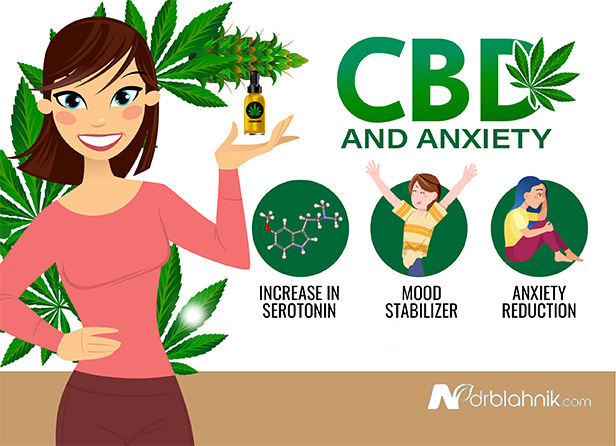
In recent times, another battery of studies has reviewed CBD in relation to post-traumatic stress disorder (PTSD). CBD was found to reduce replaying negative memories in PTSD patients both as a standalone treatment and as a supplement to more common treatment outlets.
That said, CBD is not without its side effects to be on the lookout for. Unlike Ashwagandha, CBDs side effects are not quite as dangerous but are equally as rare, including:
- Diarrhea
- Fatigue
- Changes in appetite
- Changes in weight
The average recommended dosage of CBD for treating anxiety appears to peak at 300mg and is shown to reduce anxiety in public speakers when administered 90 minutes before the speaking engagement in question. Obviously, the benefits and risks associated with CBD are worth comparing, just as they are for ashwagandha. And it is important to remember that your body may not respond to CBD the same way as others.
How to Get These Supplements
Whether you are interested in using either Ashwagandha or CBD, you need to know where you can get the supplements. Unlike most anti-anxiety supplements and medications, neither CBD nor Ashwagandha requires a prescription to obtain.
Ashwagandha supplements can be purchased from virtually any nutrition or grocery store you can imagine. Retail stores such as Target and Walmart sell Ashwagandha supplements with up to 3,000mg of the herb per capsule. It is also commonly found in anti-anxiety blends like ours.

Conversely, CBD oil and edibles can be harder to find but still just as easy to walk away with once a retailer is found. Dispensaries are opening across the country that offers tinctures, edibles, and oils for sale. You can also purchase CBD supplements online from licensed vendors as well. CBD exists in a legal gray area, where the marijuana plant is illegal at a federal level but legal at a state level in several states. Though CBD is not psychoactive, it falls under the same banner and may be difficult to locate.
Testimonials
While the evidence may trend toward one supplement over the other, it is always handy to know how other people respond to the supplements, even if you might not have the same response. Both CBD and Ashwagandha will have varying effects based on genetics and production but will generally have the same overall trend regardless. Below are some reviews for both hosted on WebMD:
“I started taking this twice a day about a week ago..once in the morning and once in the evening. So far I can tell a big difference. I’m sleeping way better at night… my anxiety seems to have decreased a lot… I’ve been on Celexa, Zoloft, Wellbutrin, Effexor, and Buspar… Buspar worked but gave me AWFUL headaches. I would rather take this over any of those drugs.” – Female User, Aged 35-44.
CBD:
“I’ve been taking Sir Hemp Co. CBD Isolate every evening. I take 30 mg. I feel that it calms me down. I am able to fall asleep and stay asleep. It has truly worked wonders for me.” – Female User, Aged 35-44.
“Under a lot of stress during a move, cannabidiol helped relieve the sensation of pressure in my chest, particularly after drinking coffee.” – Male User, Aged 65-74.
It is important to reiterate that these users’ experiences might not reflect what you will experience but serve to demonstrate an overall trend. All of these users reported using the supplements to help with anxiety.
The Decision
When it comes to treating anxiety, finding an effective supplement can be especially challenging given the countless variables that contribute to such disorders. Anxiety is a natural stress response, and no one will ever go through life without experiencing anxiety to some capacity. Developing an anxiety disorder is just as common but is not an untreatable situation to find yourself in. When choosing between Ashwagandha and CBD, the choice between the two might seem a little clearer than with other mainstream medications for the same condition.
While an old and frequently used supplement for treating anxiety disorders, ashwagandha is not a foolproof or completely inconsequential choice. Ashwagandha has a broad body of tests, but many of them are inconclusive. Add on the potential side effects of liver damage and thyrotoxicosis (which will throw your hormones into complete disarray), and it is liable to give you pause before pursuing this supplement. Still, thousands of people use the herb every day with no adverse effects.
CBD is a relative newcomer to the field of anxiety regulation, likely due to the stigma marijuana has faced for being an illegal substance for the longest time. However, CBD’s track record in studies and tests is more consistent and solid than ashwagandha and offers fewer serious side effects.
As with any supplement, feel free to try both ashwagandha and CBD. Watch yourself and your reactions, and if you experience any adverse side effects, consult your doctor. Understanding the state of your health will help you make an informed decision and ensure you are doing what is best for yourself.

